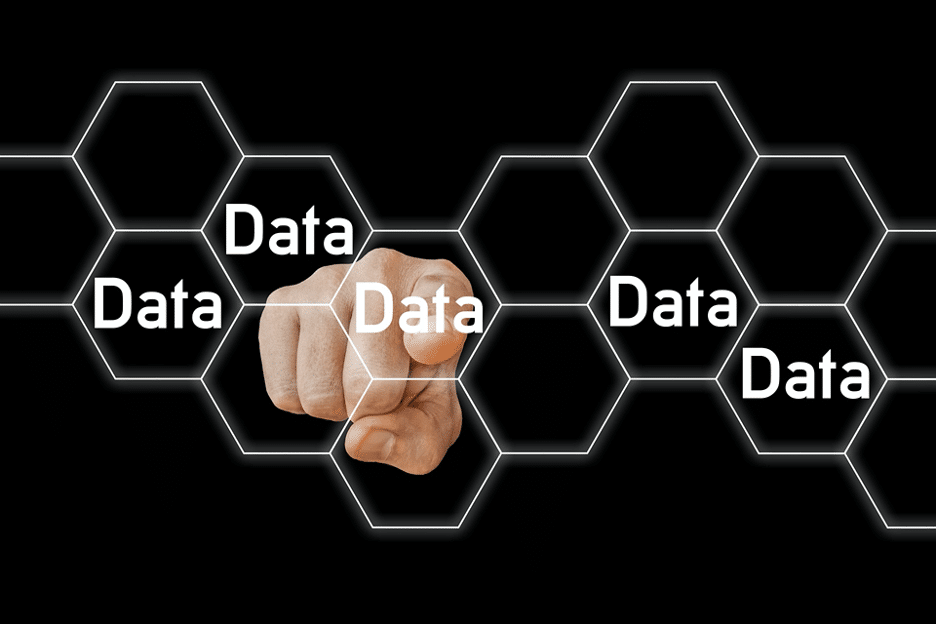Data management is the whole process of organizing and maintaining company data. It entails collecting, validating, storing, and processing data. A database management system (DBMS) or data management system is crucial in executing the above processes, which is why businesses should take the time to understand the options at their disposal before making a choice. Here are some crucial factors that can help determine your choice of a database management system:
- Maturity
One of the oldest ways to determine the reliability of a digital system is by looking at its age. Most DBMSs on the market today are new creations. While these systems have plenty to offer, they are usually accompanied by small shortcomings that can cause huge inconveniences in the long run. This guide to compare MySQL vs PostgreSQL performance can help you understand the basic features of established database management systems, along with what sets them apart from their up-and-coming counterparts.
- The size and type of your organization
Various data management systems have different data capacities, meaning not all options can store and process all the data on your hands. When choosing a DBMS, it is wise for an organization to consider its current capacity requirements, and any expansion and data increase expectations.
- Cost
While scalability and future data volume requirements are crucial considerations, you can’t overlook the cost of implementing a database management strategy. Your new investment should fall within your budget frames and be aligned with your organization’s core financial and non-financial objectives and existing sales and marketing strategies. Among the factors that dictate the cost of a DBMS is whether the software will be server-based, desktop-based, or cloud-based. Note that each of these options have their pros and cons that aren’t necessarily cost-related, so take the time to review them separately.
- Usability
Business productivity and efficiency are partially dictated by its software’s user interface. It is vital that you pay attention to a DBMS’s usability from various viewpoints, including the number of active users it can support at a time, visualization, and overall ease of use. You should also consider ease of reporting, applicable report generation formats, operating system, and framework compatibility, and report exportation formats.
- Security
If a database doesn’t guarantee the safety and security of your business, employee, and customer information, it shouldn’t be anywhere near your list of options. Data security and privacy are paramount in a world where hackers exploit even the smallest of vulnerabilities.
Don’t forget to take physical risks such as fires and theft into account while working to enhance security against cybercriminals and other online threats.
Endnote
The list of things to consider when choosing a database management system is endless. The above tips are some of the most important ones if you are looking for a place to start or are new to the whole concept of data management. You can also consult an IT expert for a more informed decision.

